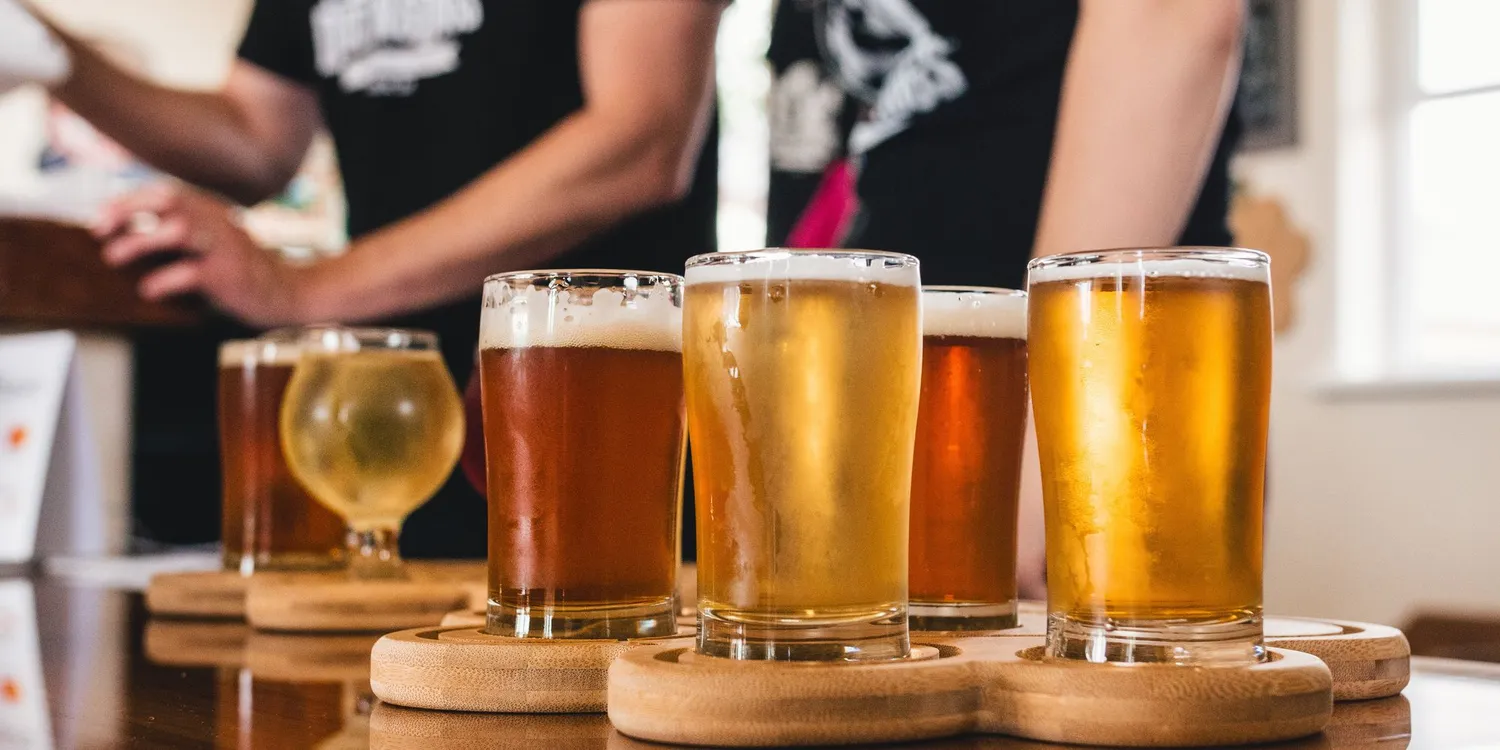09 Nov 2023
In the United Kingdom, a nation known for its rich history, diverse culture, and picturesque landscapes, there exists a drinking culture that has become deeply ingrained in social life. Pubs are as much a part of the British identity as tea and the Queen, but it's essential to explore the impacts of this drinking culture on individuals and society as a whole.
In a recent survey published in 2023, One in 10 drinkers in the UK think they have an unhealthy relationship with alcohol, according to an annual survey.
Of the 10,473 who took part in the survey, 20% said they drank more than the UK's medical guideline of 14 units a week.
Of those who were concerned about someone else's drinking - 53% had spoken to the person about it, 43% had commented on it, but only 24% had encouraged them to get help.
The Pub Culture
Pubs are not just establishments for consuming alcohol in the UK; they are hubs of social interaction and community bonding. The traditional British pub is a place where people gather to relax, share stories, and, of course, enjoy a pint. While this social tradition fosters a sense of camaraderie, it also raises questions about the line between moderate drinking and excessive alcohol consumption.
Lester Morse, Director of Rehabs UK said:
“For decades the UK has had an unhealthy attachment to alcohol. As a nation we seem to be so unaware of the importance of good mental health which includes enjoying work, having a healthy social life, family and community. When life gets out of balance and the quality of living becomes pressurised and too stressful, wellbeing and mental health problems will increase. Due to significant pressures that we are all facing as a society there is a predictable increase in those seeking the comfort and ease that alcohol offers!
Excessive Drinking and Health
One of the most significant concerns surrounding the UK's drinking culture is its impact on public health. Excessive alcohol consumption is linked to a myriad of health issues, including liver disease, cardiovascular problems, and mental health disorders. The social acceptance of heavy drinking may contribute to a reluctance to address these health concerns until they become severe.
Lester Morse, Director of Rehabs UK said:
"People naturally seek relief and escape from their difficulties and unfortunately the most accessible way to do this for many is achieved with the consumption of alcohol, drugs or other self-harming behaviours, we class this as self-medicating. I think there is in an increase specifically in women due to the unprecedented pressures that they are facing in our current environment. You can expect an increase in alcohol consumption if you build a society that is causing people to be irritated and discontented! We need a two pronged attack 1/ Teach people better ways of coping 2/ build a less stressful society”
Binge Drinking and Societal Consequences
The prevalence of binge drinking in the UK is another aspect of the drinking culture that warrants attention. Binge drinking not only poses serious health risks but also leads to a range of societal consequences. Alcohol-fuelled violence, public disturbances, and accidents are often associated with binge drinking, putting a strain on emergency services and law enforcement.
Lester Morse, Director of Rehabs UK said:
I think there are a few factors to why we are seeing this “binge drinking” style increase. I think historically other countries often learn to consume alcohol in a more moderately controlled sociable context with food and surrounded by friends and family due to their culture and way of living. In the UK we have had a very different relationship with alcohol compared to other countries, through film, reality show and other forms of media we have almost been encouraged to drink excessively. As Brits we have become renowned for it. The traditional binge drinkers get caught in a relapse pattern with a period of sobriety in between. But I would suggest the increase in binge drinking is being driven by economical factors such as pay day.
According to a report in The Guardian, the UK was first in the global charts for binge-drinking among women – defined as having at least six drinks in a single session – with 26% doing this at least once a month. However, British men were higher, at 45%.
Youth and Peer Pressure
The drinking culture in the UK can also exert a significant influence on the younger generation. Peer pressure and societal norms may encourage adolescents to engage in risky drinking behaviours, leading to long-term consequences for their health and well-being. Addressing this issue requires a nuanced approach that combines education, awareness, and a re-evaluation of societal expectations.
Economic Impact
Beyond health and social implications, the drinking culture in the UK has economic ramifications. The cost of treating alcohol-related health issues, addressing alcohol-related crime, and the impact on workplace productivity all contribute to a substantial economic burden. As such, a critical examination of the drinking culture is necessary to understand its broader impact on the nation's well-being.
The OECD’s report also found the UK spends more on healthcare than comparable countries but has fewer hospital beds. One in 20 adults said they vaped regularly.
While the UK's drinking culture is deeply embedded in its social fabric, it is essential to strike a balance between tradition and responsibility. Acknowledging the potential consequences of excessive alcohol consumption on health, society, and the economy is the first step towards fostering a healthier drinking culture. By encouraging responsible drinking, promoting awareness, and challenging societal norms, the UK can navigate its rich pub culture while mitigating the negative impacts associated with excessive alcohol consumption.
If you or someone you know is struggling with alcohol addiction please reach out to our fully qualified Treatment Advisors. They will be able to answer any questions or concerns you may have.
